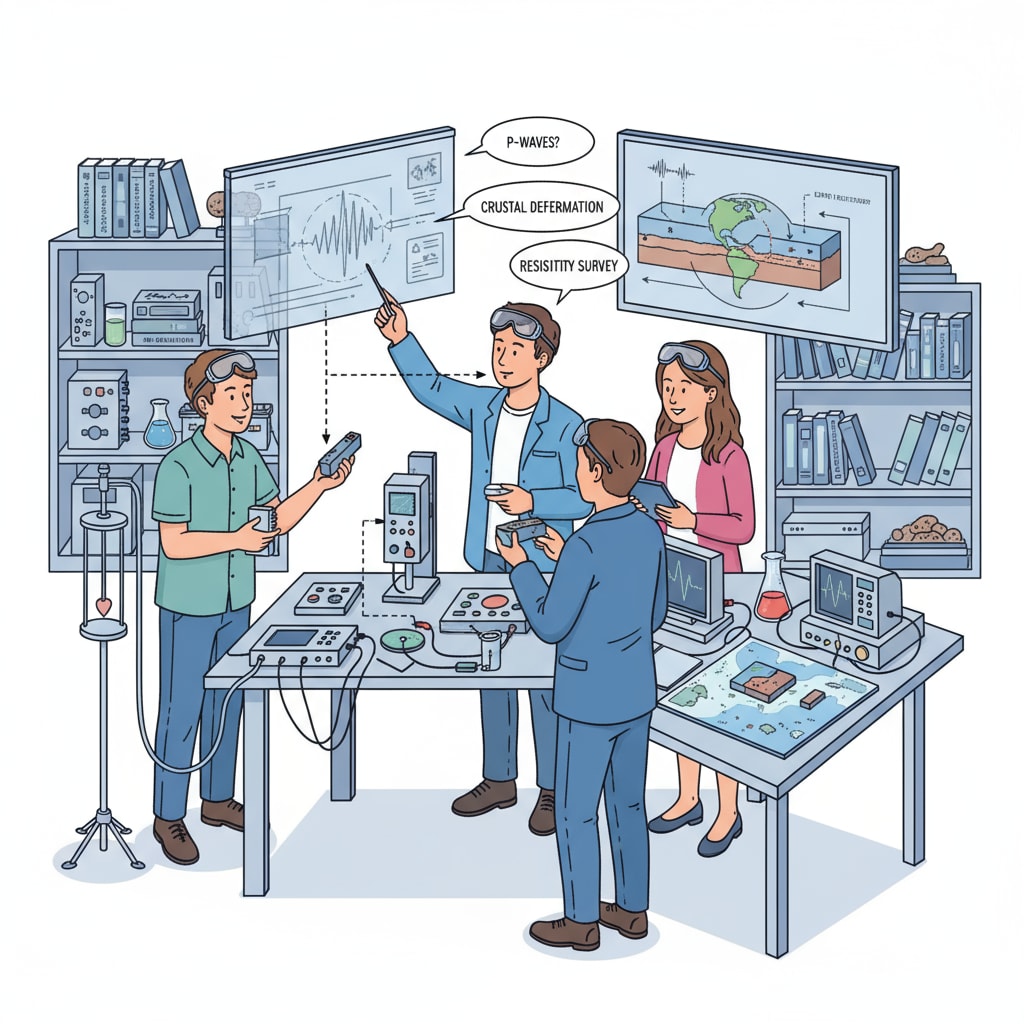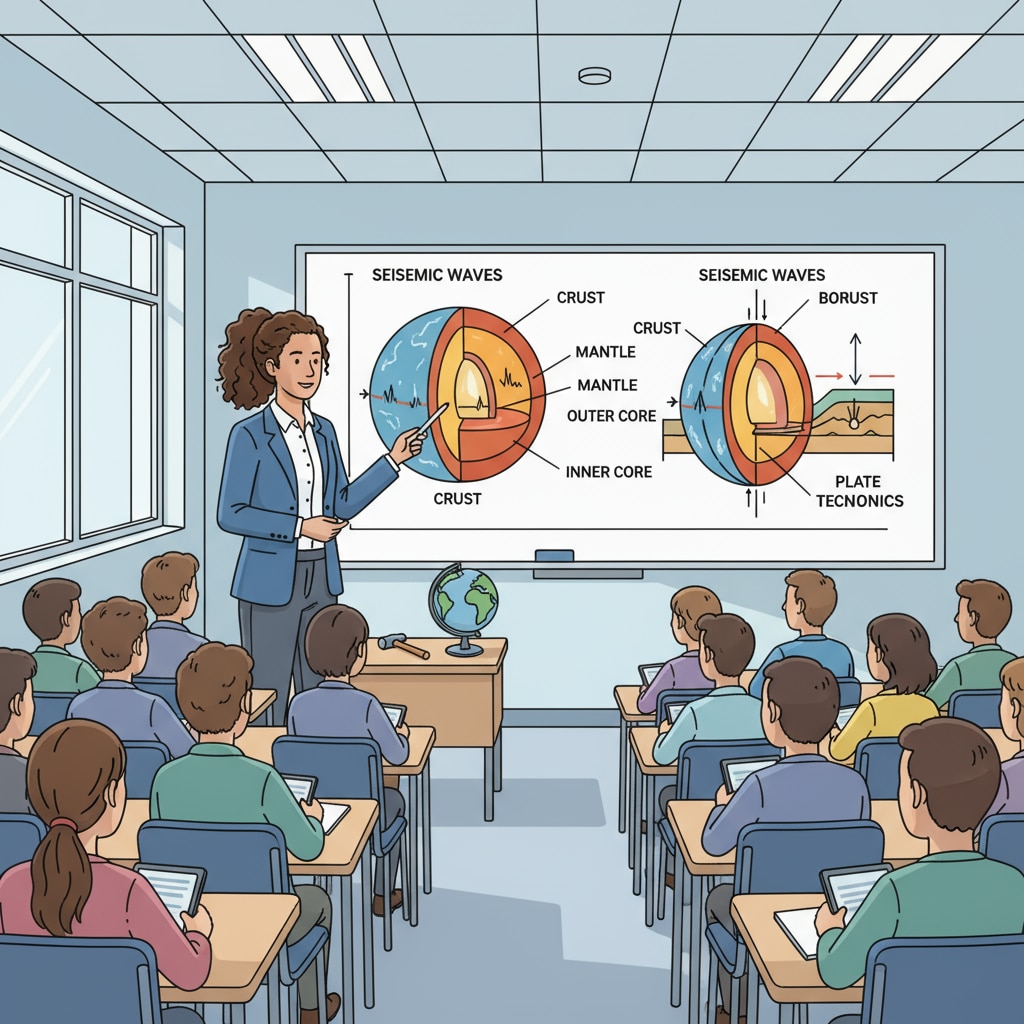Geophysics graduates frequently encounter employment dilemmas, and obtaining a second master’s degree can be a strategic move to navigate these challenges. In recent years, the job market for geophysics has been tough, pushing many graduates to explore alternative career paths. One such promising avenue is the education sector.

The Geophysics Employment Conundrum
The job market for geophysics has witnessed a significant slowdown in recent times. The demand for geophysicists in traditional sectors like oil and gas exploration has decreased due to various factors, including environmental concerns and a shift towards renewable energy sources. As a result, many geophysics graduates find themselves struggling to secure relevant positions. According to the Bureau of Labor Statistics, the competition for geophysics jobs is fierce, with a limited number of openings compared to the number of graduates. This has led to an employment dilemma for many in the field.
The Power of a Second Master’s Degree
Obtaining a second master’s degree can be a game-changer for geophysics graduates facing employment difficulties. A second master’s in education-related fields, such as science education or curriculum development, equips graduates with the skills and knowledge required to enter the education sector. For example, a second master’s program can provide training in teaching methodologies, educational technology, and curriculum design. This additional qualification not only broadens the graduates’ career horizons but also makes them more competitive in the job market. Research has shown that individuals with a second master’s degree often have better job prospects and higher earning potential.

Moreover, a second master’s degree allows geophysics graduates to blend their existing expertise in the subject with new teaching skills. They can bring real-world examples and practical knowledge from the field of geophysics into the classroom, making the learning experience more engaging and relevant for students. This unique combination of subject matter expertise and teaching skills is highly valued in the education sector.
Readability guidance: In this article, we have explored how geophysics graduates can overcome employment dilemmas by obtaining a second master’s degree and transitioning into the education field. The key is to leverage their existing knowledge and skills while acquiring new ones to succeed in this new career path. By doing so, they can not only find stable employment but also make a positive impact on the next generation of learners.


